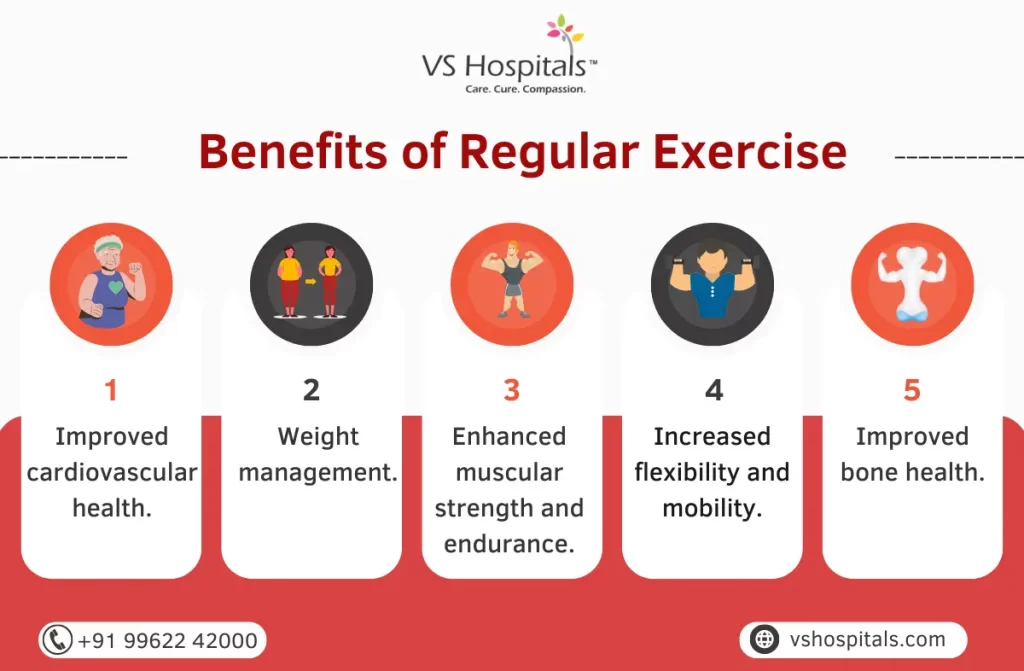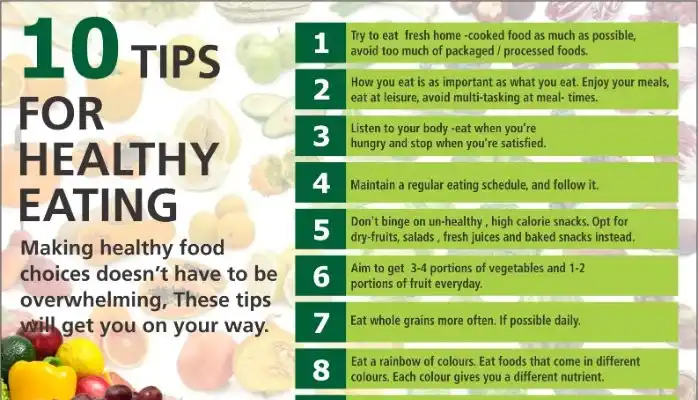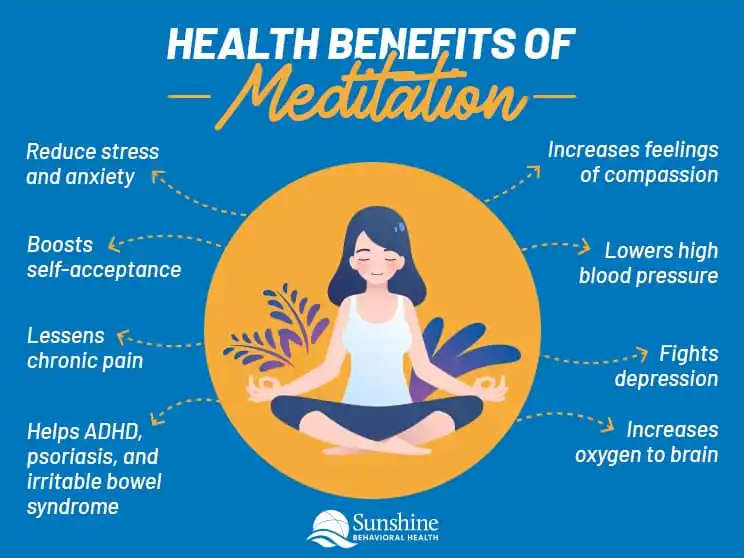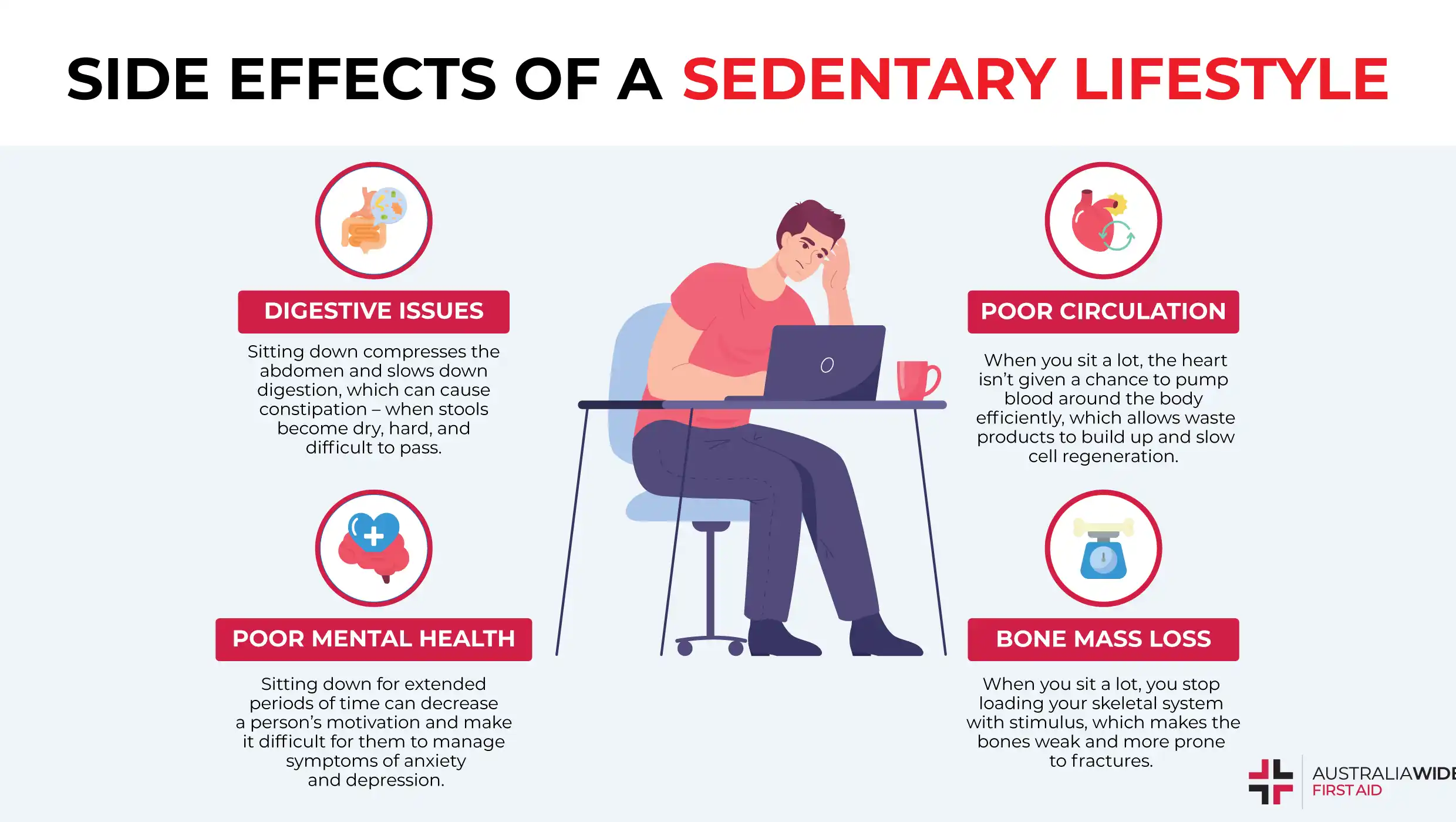How Much Sleep Do Adults Really Need? Find Out!
Mia Wilson

Photo: How Much Sleep Do Adults Really Need? Find Out!
How Much Sleep Do Adults Really Need? Find Out!
In today’s fast-paced world, sleep often takes a backseat to work, social life, and personal responsibilities. While it might seem like shaving off a couple of hours of rest is harmless, the truth is that inadequate sleep can lead to significant physical, emotional, and cognitive challenges. So, how much sleep do adults really need, and why is it crucial to get enough of it? Let’s dive into the science of sleep to uncover the optimal amount of rest and its impact on overall health.
Why Sleep is Crucial for Adults
Sleep isn’t just about feeling refreshed in the morning it plays a vital role in maintaining health and well-being. According to numerous studies, quality sleep supports a range of essential bodily functions, including:
- Cognitive function: Sleep helps consolidate memory and enhances problem-solving skills.
- Emotional regulation: Proper rest improves mood stability and reduces the risk of mental health disorders such as anxiety and depression.
- Physical health: During sleep, the body repairs tissues, strengthens the immune system, and balances hormones.
- Metabolic function: Adequate sleep helps regulate appetite, preventing overeating and reducing the risk of obesity and related diseases.
What Happens When You Don’t Get Enough Sleep?
Sleep deprivation isn’t just about yawning through the day it has real consequences. Chronic sleep deprivation can lead to:
- Increased risk of heart disease and stroke: Sleep is crucial for cardiovascular health, and insufficient rest can contribute to hypertension.
- Impaired immunity: Without enough sleep, your body becomes more susceptible to infections and illnesses.
- Cognitive decline: Persistent lack of sleep can increase the risk of neurodegenerative conditions such as Alzheimer’s disease.
- Emotional instability: People who consistently get less sleep are more likely to experience mood swings, irritability, and difficulty managing stress.
How Many Hours of Sleep Do Adults Need?
The National Sleep Foundation recommends that most adults aim for 7 to 9 hours of sleep per night. However, individual sleep needs can vary depending on several factors:
- Age: Younger adults (ages 18–25) typically need closer to 9 hours, while older adults (ages 65 and above) may feel well-rested with 7 hours.
- Lifestyle: High levels of physical activity, stress, and mental workload can increase the need for sleep.
- Genetics: Some people naturally require less sleep due to genetic variations affecting their circadian rhythm.
- Health Conditions: Those dealing with chronic illnesses, especially conditions that cause fatigue, may need more rest to aid in recovery.
Understanding Sleep Cycles
Sleep isn’t uniform it consists of several cycles, each lasting about 90 minutes. These cycles include stages of light sleep, deep sleep, and rapid eye movement (REM) sleep. Deep sleep is critical for physical recovery, while REM sleep supports memory consolidation and emotional processing.
Even if you spend 8 hours in bed, fragmented sleep that disrupts these cycles can prevent you from feeling fully rested. This is why sleep quality is just as important as sleep quantity.
Factors Affecting Sleep Quality
Beyond the number of hours, the quality of sleep determines how restorative it is. Here are some factors that can influence sleep quality:
1. Sleep Environment
Your bedroom should be a sanctuary for rest. Keep the room dark, quiet, and at a comfortable temperature. Investing in a supportive mattress and pillows can also make a significant difference.
2. Bedtime Routine
Establishing a consistent bedtime routine helps signal to your brain that it’s time to wind down. This can include activities like reading, meditating, or listening to calming music.
3. Limiting Screen Time
The blue light emitted by screens can interfere with melatonin production, a hormone that regulates sleep. Try to avoid screens at least an hour before bed to improve sleep onset.
4. Diet and Exercise
Avoid heavy meals, caffeine, and alcohol close to bedtime. Regular exercise can promote better sleep, but intense workouts should be avoided in the evening, as they can raise alertness.
Signs You’re Not Getting Enough Sleep
Even if you’re logging what seems like enough hours in bed, you might still be sleep-deprived if:
- You feel tired throughout the day, especially in the morning.
- You rely on caffeine to stay alert.
- You experience frequent mood swings or irritability.
- Your concentration and memory feel impaired.
If these signs sound familiar, it may be time to reassess your sleep habits and make changes to improve restfulness.
Tips for Better Sleep
Improving sleep hygiene is the first step toward getting a full night of restorative sleep. Here are some practical tips:
- Stick to a Schedule: Go to bed and wake up at the same time every day, even on weekends.
- Create a Relaxing Pre-Sleep Routine: Engage in calming activities before bed to help your body transition into sleep mode.
- Manage Stress: Stress management techniques like deep breathing and journaling can reduce nighttime anxiety.
- Track Your Sleep: Consider using a sleep tracker to monitor your sleep patterns and identify areas for improvement.
When to Seek Professional Help
If you’ve tried improving your sleep habits but still struggle to get enough rest, it might be time to consult a healthcare professional. Common sleep disorders such as insomnia, sleep apnea, and restless legs syndrome can prevent you from achieving quality sleep, even if you’re in bed for the recommended amount of time.
A sleep specialist can conduct tests to diagnose any underlying issues and recommend treatments ranging from cognitive behavioral therapy for insomnia (CBT-I) to medical interventions for conditions like sleep apnea.
Conclusion: Prioritizing Sleep for a Healthier Life
Sleep is a fundamental pillar of health, just as important as diet and exercise. Adults need between 7 and 9 hours of quality sleep per night to function at their best, but individual factors can influence these needs. By understanding your unique sleep requirements and adopting better sleep habits, you can improve not only how you feel day-to-day but also your long-term health outcomes.
Remember, sleep isn’t a luxury it’s a necessity. Make it a priority, and your body and mind will thank you.
For You
View AllExplore the top EV charging networks for seamless electric vehicle travel. Find the most reliable and widespread options today!
Mia Wilson
Explore the definition of the digital economy and its influence on global business. Click for a clear breakdown!
Mia Wilson
Understand the bond market, its role in financing, and how it impacts the economy. Click to learn more!
Mia Wilson
Discover how connected car data is generating revenue for automakers and reshaping the driving experience. Explore the future!
Mia Wilson
Understand the severe consequences of sleep deprivation on your health and life. Learn how to prevent sleep loss today! Read now.
Mia Wilson
Push your limits with these extreme adventure destinations. From skydiving to volcano hikes, adrenaline junkies will love these epic trips!
Mia Wilson
Health










Education
View All
May 28, 2025
Should Sex Education Be Taught in Schools?
Dive into the debate about sex education in schools and its role in promoting informed and healthy choices. Share your thoughts!

May 1, 2025
How to Become an Educational Consultant
Learn how to become an educational consultant and guide schools or organizations to success. Start your career path now!

April 22, 2025
What Is Early Childhood Education?
Explore early childhood education, its benefits, and how it shapes a child’s future. Start building strong foundations!





